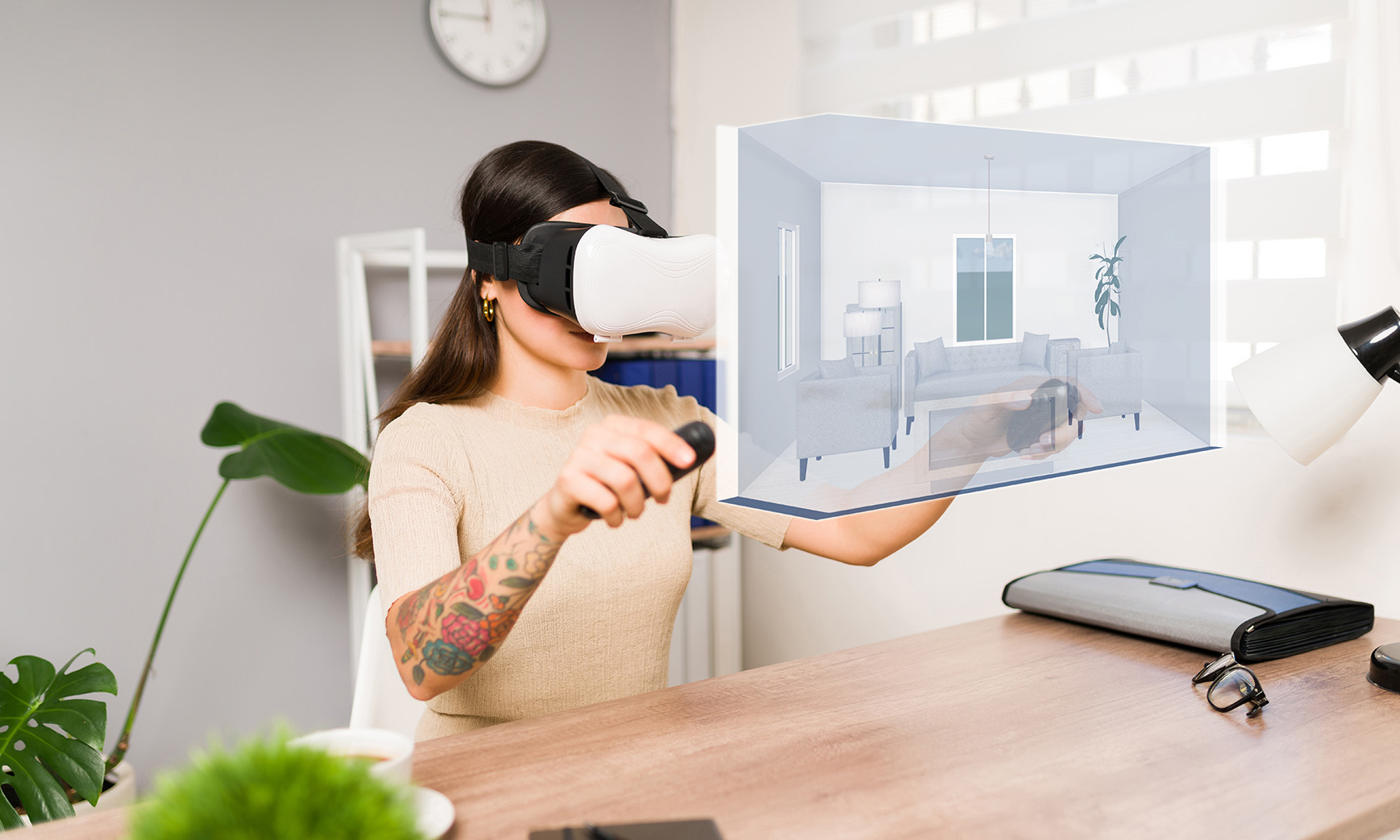The metaverse is an immersive 3D iteration of the internet. It consists of shared virtual worlds where your avatar can do various activities, including hanging out with friends, playing games, shopping, hosting events, getting jobs and collaborating with colleagues. Metaverse real estate seems to be the next niche in cyberspace, but are there buyers?
A roller-coaster valuation
One analysis featured on ExpertMarketResearch.com estimated the value of the metaverse real estate market to be $1.69 billion in 2023. Forecasters predict it will grow at a compound annual rate of 48.6% from 2024 to 2032, ballooning to $59.38 billion.
Real estate was one of the primary reasons the metaverse has trended in recent years. Anyone can buy, sell, lease and trade virtual land parcels and buildings. In 2022, 62,693 unique wallets held land across five metaverse platforms, with 276,025 plots up for grabs between them. In 2024, the number of metaverse properties will reach record highs as emerging worlds add more supply.
Virtual prices can fluctuate wildly, despite being outside the influence of many property value drivers in the real world. Metaverse assets are part of the notoriously cyclical cryptocurrency market.
The beginning of the metaverse mania coincided with the peak of Bitcoin’s bull run in November 2021. As interest in BTC waned, crypto speculators shifted their focus to non-fungible tokens, including virtual real estate assets. The most sought-after metaverse plots experienced acute depreciation. A notable loser is Snoop Dogg, whose portfolio lost 94% of its value as of mid-2023.
By one estimate, the average cost of a parcel of virtual land was about $18,000 in January 2022. By mid-2023, it was less than $2,000.
Ethereum has laid the foundation for many blockchain-based metaverse worlds, allowing the ether price to have a massive influence on virtual real estate valuations. The good news is ETH is second only to BTC regarding market capitalization, so its value is relatively stable compared to most crypto assets.
Impact on real-world property markets
The metaverse is in virtual reality, but its existence can dramatically reshape the real estate industry. It’s an ongoing case study for blockchain applications in the property sector. Blockchain technology generates transparent, secure and immutable records. It can give title companies, mortgage professionals and banking officials a better way to verify property ownership histories and unsatisfied liens, speed up settlements and process home loans.
Compared to the global property market’s total value of approximately $380 trillion, the metaverse real estate capitalization is merely a drop in the bucket. However, its accessibility, affordability and flexibility can attract a larger pool of investors. More people may go virtual to host events in the future, decreasing the need for brick-and-mortar venues.
In some cases, there has been crossover between the real and virtual worlds. In 2022, ONE Sotheby’s International Realty marketed a real-world Miami mansion by offering the identical mansion in the metaverse to the buyer, calling it a MetaReal property.
Virtual real estate brokerage
Blockchain technology is about decentralization, but it doesn’t eliminate all intermediaries. Real estate agents can broker parcel sale deals.
Much like in the real world, brokers can help buyers and sellers find properties, negotiate for favorable prices and advise what to do with the assets. Unlike in the real world, the metaverse is widely unregulated. For now, unlicensed individuals can play the role of real estate brokers as long as they know how to navigate the complex nature of these virtual worlds.
The metaverse’s adoption rate depends on how fast the technologies it needs to scale mature and how society compels people to live virtually. Like anything else, there’s always risk involved. Early adopters may find immense value. Or not. Either way, dipping your toes in metaverse real estate may be one way to diversify and learn new skills.

